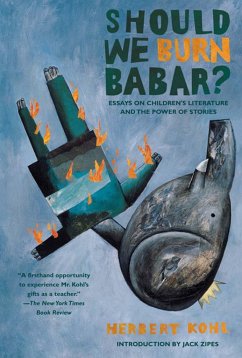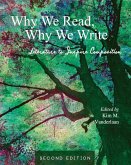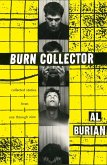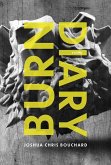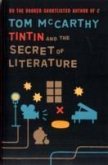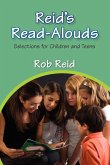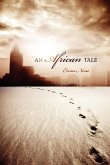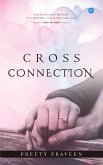A new edition of the prizewinning educator's thoughts on the politics of children's literature, including a new essay written for this volume. In "provocative and entertaining essays [that] will appeal to reflective readers, parents, and educators" ("Library Journal"), one of the country's foremost education writers looks at the stories we tell our children. Available now in a revised edition, including a new essay on the importance of "stoop-sitting" and storytelling, "Should We Burn Babar?" challenges some of the chestnuts of children's literature. Highlighting instances of racism, sexism, and condescension that detract from the tales being told, Kohl provides strategies for detecting bias in stories written for young people and suggests ways to teach kids to think critically about what they read. Beginning with the title essay on Babar the elephant, the book includes essays on Pinocchio, the history of progressive education, and a call for the writing of more radical children's literature. As the "Hungry Mind Review" concluded, "Kohl's prescriptions for renewing our schools through the use of stories and storytelling are impassioned, well-reasoned, and readable."
In "provocative and entertaining essays [that] will appeal to reflective readers, parents, and educators" (Library Journal), one of the country's foremost education writers looks at the stories we tell our children. Available now in a revised edition, including a new essay on the importance of "stoop-sitting" and storytelling, Should We Burn Babar? challenges some of the chestnuts of children's literature. Highlighting instances of racism, sexism, and condescension that detract from the tales being told, Kohl provides strategies for detecting bias in stories written for young people and suggests ways to teach kids to think critically about what they read. Beginning with the title essay on Babar the elephant-"just one of a fine series of inquiries into the power children's books have to shape cultural attitudes," according to Elliott Bay Booknotes-the book includes essays on Pinocchio, the history of progressive education, and a call for the writing of more radical children's literature. As the Hungry Mind Review concluded, "Kohl's prescriptions for renewing our schools through the use of stories and storytelling are impassioned, well-reasoned, and readable."
Hinweis: Dieser Artikel kann nur an eine deutsche Lieferadresse ausgeliefert werden.
In "provocative and entertaining essays [that] will appeal to reflective readers, parents, and educators" (Library Journal), one of the country's foremost education writers looks at the stories we tell our children. Available now in a revised edition, including a new essay on the importance of "stoop-sitting" and storytelling, Should We Burn Babar? challenges some of the chestnuts of children's literature. Highlighting instances of racism, sexism, and condescension that detract from the tales being told, Kohl provides strategies for detecting bias in stories written for young people and suggests ways to teach kids to think critically about what they read. Beginning with the title essay on Babar the elephant-"just one of a fine series of inquiries into the power children's books have to shape cultural attitudes," according to Elliott Bay Booknotes-the book includes essays on Pinocchio, the history of progressive education, and a call for the writing of more radical children's literature. As the Hungry Mind Review concluded, "Kohl's prescriptions for renewing our schools through the use of stories and storytelling are impassioned, well-reasoned, and readable."
Hinweis: Dieser Artikel kann nur an eine deutsche Lieferadresse ausgeliefert werden.

